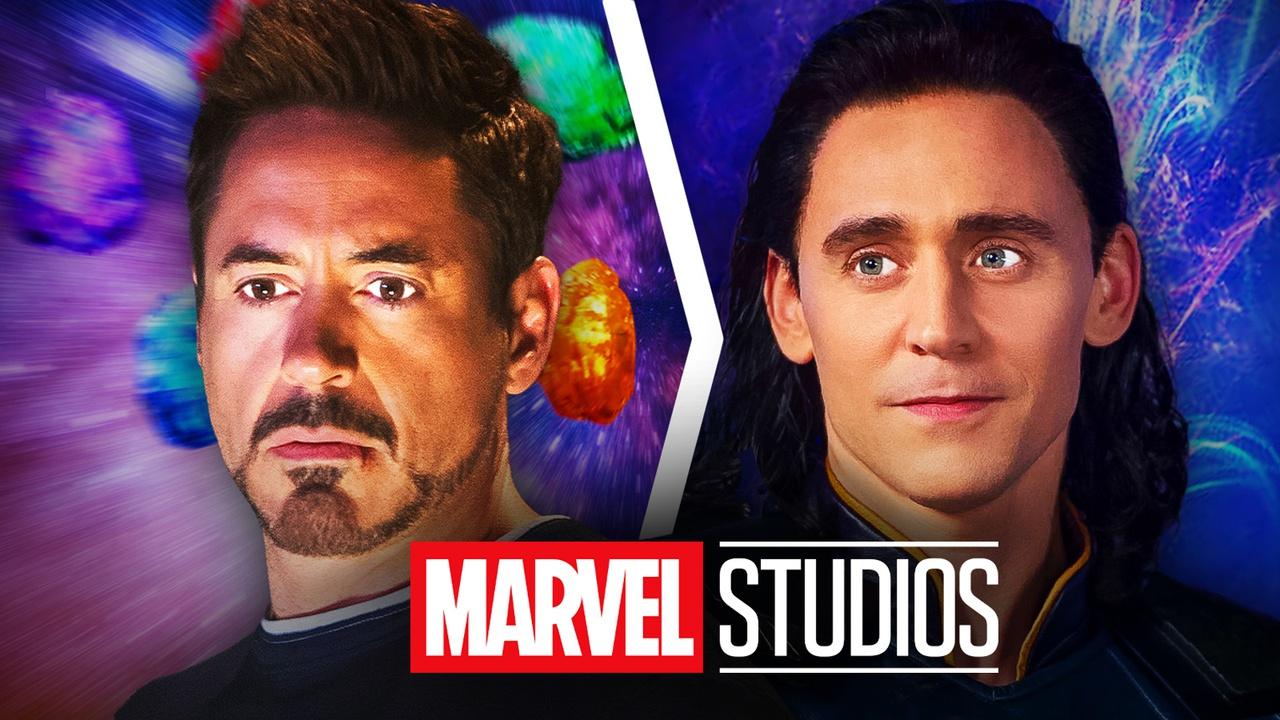
It may surprise some fans, but Marvel Studios' Multiverse Saga surpassed the Infinity Saga in several surprising ways. While the original three phases of the MCU delivered iconic team-ups and a legendary villain in Thanos, the Multiverse Saga took the franchise in bolder, more experimental directions. With new characters, timelines, and dimensions, Marvel created some never-before-seen comic book content.
In the years following Avengers: Endgame, Marvel's once-unshakable grip on audiences noticeably loosened (with 75% of recent films being box office letdowns). As the Multiverse Saga unfolded throughout the 2020s, the term "superhero fatigue" began creeping into the cultural conversation, reflecting a growing skepticism among fans and general audiences.
Yet despite its missteps and mixed reception, the Multiverse Saga introduced several innovations and improvements over the earlier Infinity Saga, which spanned from 2008 to 2019. In fact, many of its boldest choices have flown under the radar or are filed under a lazy "woke" category. James Gunn's Superman is now dealing with this problem as it flies into theaters.
With Phases 4 and 5 now in the rearview mirror, fans are still only halfway through this new era. Phase 6 is set to kick off in a matter of weeks with The Fantastic Four: First Steps, a fresh start that breaks from a specific MCU tradition.
5 Ways the Multiverse Saga Beats the Infinity Saga
A More Diverse & Inclusive Marvel Universe
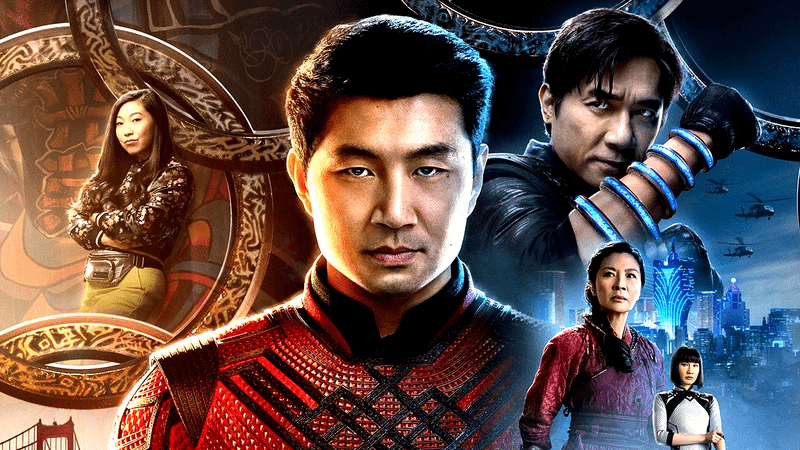
The Multiverse Saga made significant strides in representation, spotlighting heroes and stories from a variety of backgrounds. Shang‑Chi and the Legend of the Ten Rings marked the MCU's first Asian-led superhero film, featuring an all-Asian main cast and incorporating Mandarin dialogue to bring cultural authenticity. It has drawn praise for its casting, direction, and departure from stereotypical narratives.
Meanwhile, Eternals, directed by Chloe Zhao (an Oscar-winning Asian woman), introduced a multiracial ensemble including the MCU's first LGBTQIA+ (leading to review bombing) and deaf superheroes.
Ms. Marvel broke new ground as the MCU's first Muslim lead, Kamala Khan (Iman Vellani), exploring South Asian history and identity through her family's story with a magical twist.
Beyond cultural diversity, the Multiverse Saga elevated female-driven narratives in projects like Black Widow, Thunderbolts*, WandaVision, and its spin-off, Agatha: All Along. The latter was the first Marvel series to feature a same-sex kiss between major characters.
Pushing the Boundaries With Mature Storytelling
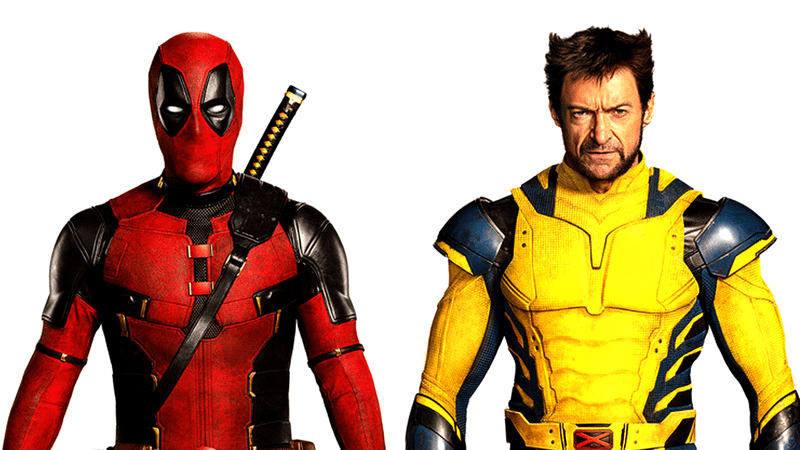
One of the most noticeable shifts in the Multiverse Saga is Marvel Studios' growing willingness to embrace more mature content. The Infinity Saga strictly stuck to PG-13 ratings, avoiding graphic violence, harsh language ("language!"), or adult themes.
That changed with Deadpool & Wolverine, Marvel's first R-rated theatrical release (read exactly why it earned that rating). Echo, a spin-off of Hawkeye, was the first mature-rated MCU project released in early 2024.
Moving forward, Daredevil: Born Again Season 1 had a TV-MA rating, keeping up the trend of Netflix's Daredevil. This mature direction continues with Marvel Zombies, a violent animated series rated TV-MA, and the upcoming Punisher Special Presentation, which brings back Jon Bernthal's Frank Castle for a gritty standalone story.
This creative step forward allows the MCU to explore complex (and hilarious) characters and morally grey themes that the Infinity Saga never dared to touch.
Embracing Bold Genres & Formats

The Multiverse Saga took creative risks that the Infinity Saga rarely dared to attempt, pushing Marvel into fresh storytelling territory. 2021's WandaVision, the MCU's return and the Multiverse Saga's kick-off, reinvented the sitcom format. Each episode paid homage to different decades of television, ultimately weaving its anthology-style narrative into heartfelt mystery and grief.
Marvel also ventured into classic horror with the Special Presentation Werewolf by Night, a black-and-white mini-movie praised for its practical effects and nostalgic tone.
Even theatrical fare experimented: Doctor Strange in the Multiverse of Madness leaned heavily into horror imagery with Sam Raimi at the helm, while What If…? and I Am Groot explored animated formats with distinctive kid-friendly styles. This willingness to mix genres and presentation forms showcased much more diversity within the medium for fans with different tastes.
Celebrating Marvel's Legacy Beyond the MCU
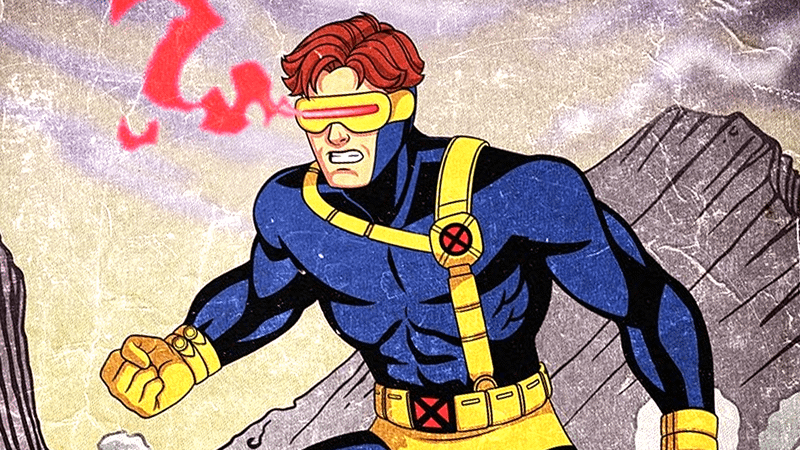
One of the Multiverse Saga's most exciting strengths is its ability to acknowledge and celebrate Marvel's cinematic history before the MCU even began.
Spider-Man: No Way Home thrilled fans by bringing back Tobey Maguire and Andrew Garfield's Peter 2 and Peter 3, breaking most box office records at a time when no one was watching movies in theaters. Doctor Strange in the Multiverse of Madness followed that up with Patrick Stewart's return as Professor X, while The Marvels featured Kelsey Grammer reprising his role as Beast.
Now, Avengers: Doomsday is set to fully embrace this legacy with appearances by Channing Tatum as Gambit, Ian McKellen as Magneto, Alan Cumming as Nightcrawler, and more.
The Infinity Saga never had the multiversal flexibility to explore Marvel's non-MCU past, but this current era is using that freedom to pay tribute to fan-favorite characters and actors. It's not just nostalgia, it's a celebration of everything that led to the MCU's success.
That includes X-Men '97, which revitalized and continued the iconic 1990s animated series that helped define Marvel for an entire generation. By honoring the tone, themes, and character arcs of the original show, X-Men '97 proved that stories from Marvel's past still resonate deeply today.
Deeper Character Arcs Through Television
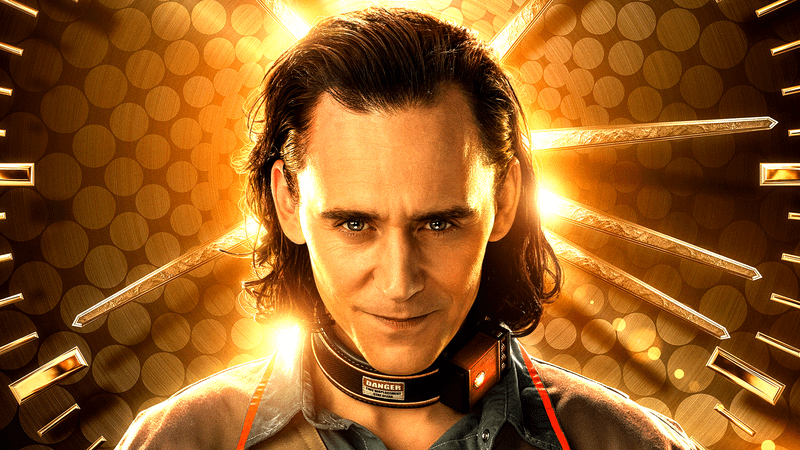
Despite some varied results and viewership, the Multiverse Saga has leveraged the rise of Marvel Studios' television projects to deliver richer storytelling and deeper character development than the Infinity Saga's film-only approach.
Since 2021, Marvel has released 14 TV series, starting with WandaVision and continuing through 2025's Ironheart. These series allow fans to spend six to eight hours or more with characters, compared to a movie's typical 90-150 minutes.
While not every series has been a hit (Secret Invasion faced severe criticism), others like Loki, Hawkeye, and Ms. Marvel were praised for expanding the characters' emotional complexity and the MCU.
This serialized format also helped set up Thunderbolts*, where many characters were first introduced or further developed on Disney+ before starring in the well-reviewed film. The result is a more immersive and nuanced experience that the Infinity Saga's film-centric structure simply didn't feature.












